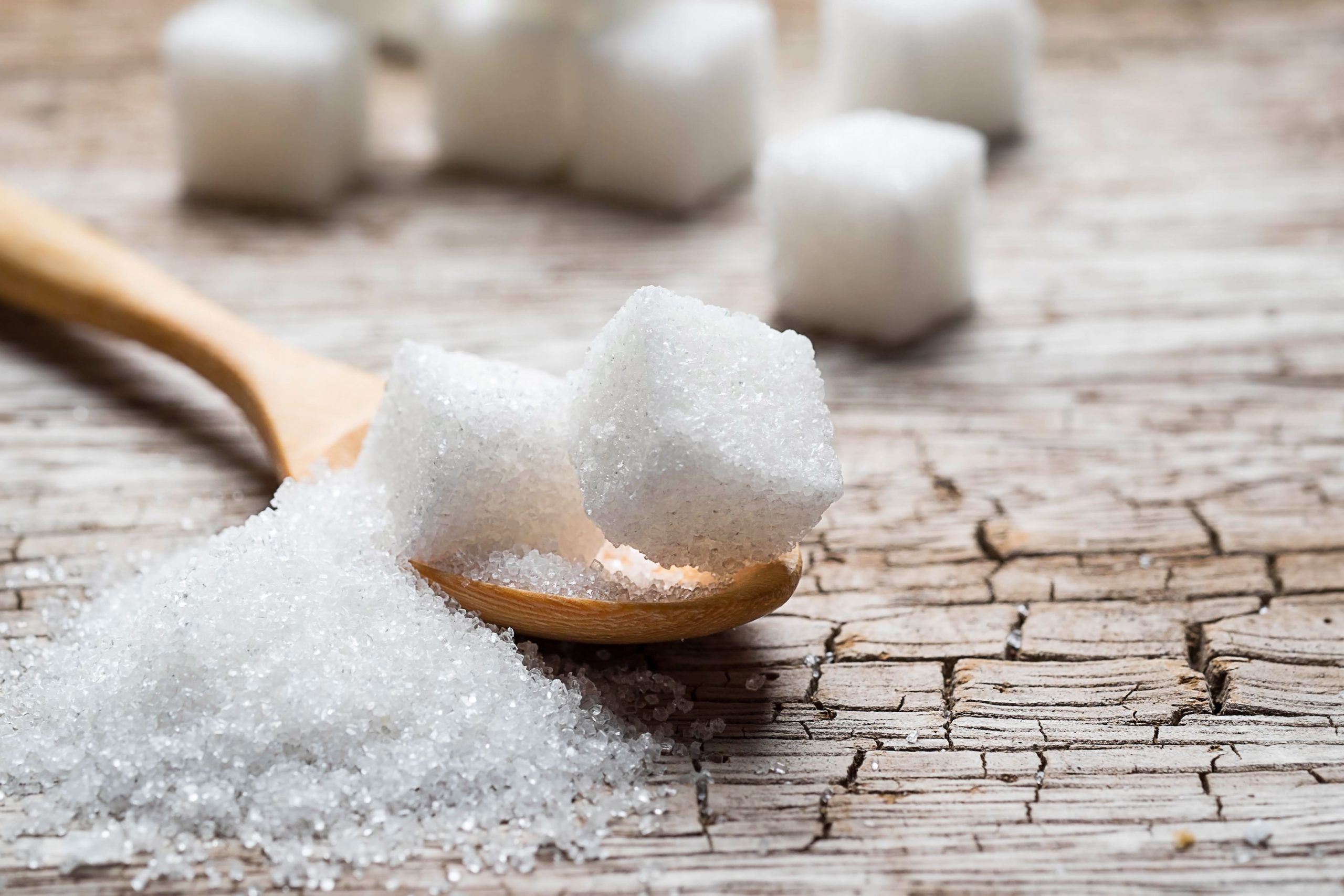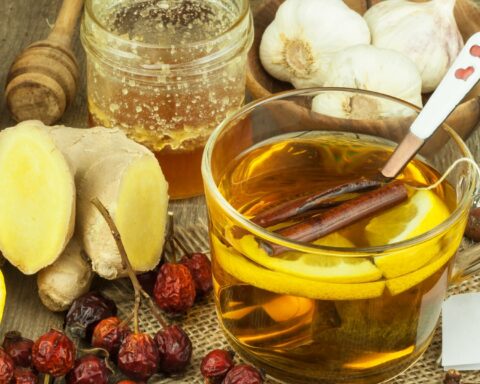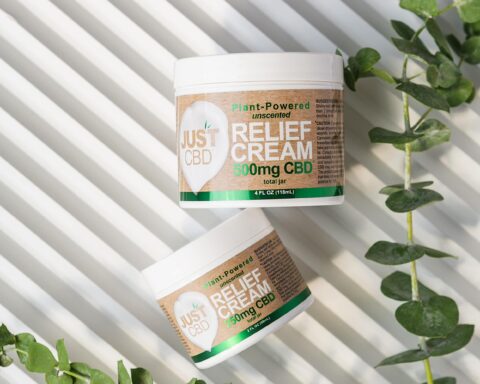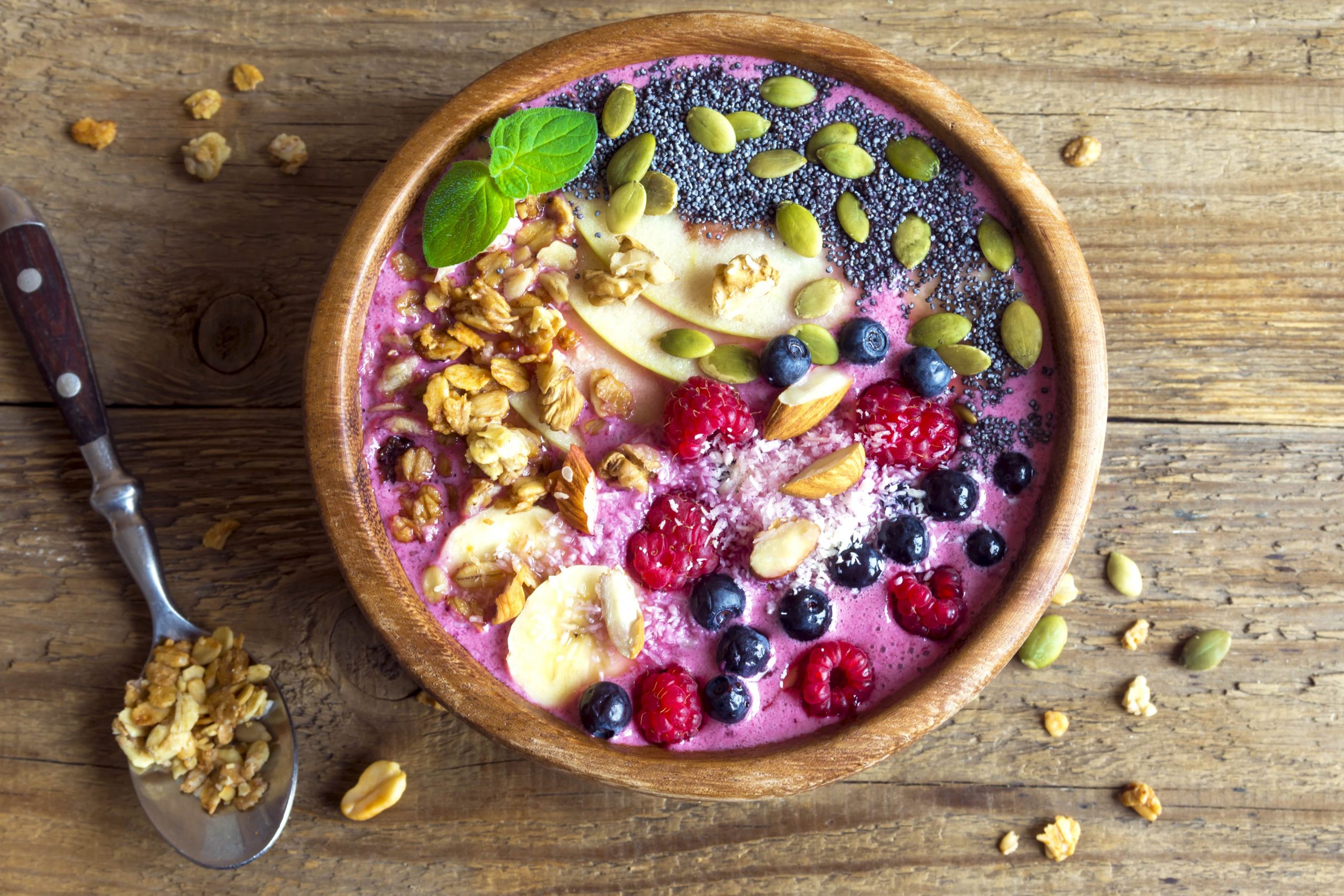Sugary food products have heatedly been debated currently, and it is a controversy in the modern diet. Therefore, many people have chosen to find out the best natural substitute for sugar.
Increased consumption of sugar might not seemingly be a big problem to many people compared to salt. However, it is associated with many health problems. For instance, a high intake of sugar increases your calories consumption and may predispose you to obesity. Similarly, published studies have shown that you may develop inflammatory bowel disease with a prolonged intake of large amounts of sugar.If your recipe requires sugar and you wonder how to substitute it, be calm. This article is made for you. It discusses the natural substitutes for sugar used in cooking or baking.
Why Is Too Much Sugar Bad For You?
Eating diets loaded with a high amount of sugar increases the likelihood of developing obesity. Ghrelin is a hunger hormone, and PYY, a satiety hormone, can be inhibited by sugar, leading to increased intake of calories and ultimate weight gain.Additionally, human studies by the National Center for Biotechnology Information have shown that your metabolism can be interfered with by taking excess sugar. This, in turn, can lead to increased insulin in the circulating blood and fat storage.
High sugar intake leads to oral health problems and some fatal systemic diseases, such as diabetes, heart disease, and cancer. It stimulates the release of dopamine in your brain’s reward center the same way addictive drugs are responded to. This can lead to cravings and overeating in individuals with stress, leading to weight gain.
The Natural Alternatives to Sugar
1. Honey
We all know how sweet honey is. However, you may not be aware of its various health benefits. You may want to experiment with honey before consuming it to determine its ratio. For example, you can substitute one cup of honey for one cup of sugar or use half a cup of honey for each cup of sugar.To get the best out of honey in cooking, reduce the liquid you use in your recipe. Honey is better than sugar in cooking because it yields quicker browning and more moisture. Additionally, honey contains fewer calories, less fructose, and glucose. Diabetic people should use a low amount of honey to reduce sugar intake.
2. Maple Syrup
Maple syrup is another good alternative to sugar. It is important to consume it in small amounts because it contains traces of sugar. Using maple syrup in cooking provides your body with powerful antioxidants, iron, potassium, and calcium. Furthermore, it is proven as a good alternative to sugar. For instance, it cuts sugar consumption by up to 33%. In terms of glycemic index, maple sugar has a lower rating of 54 than table sugar which has 65. This makes it friendly to individuals with diabetes.
3. Stevia
Stevia is also a natural substitute for sugar. It is extracted from the leaves of Stevia rebaudiana – which is a natural shrub growing in South America. Stevia can be extracted from any of the two compounds of the stevia plant, that is, stevioside or rebaudioside. According to the National Center for Biotechnology Information, these compounds contain zero calories and are sweet than sugar 350 times.
According to one study published by Oxford University Press, the leaves of Stevia rebaudiana have lots of nutrients and phytochemicals. This means that this plant-based sweetener comes along with many potential health benefits.For instance, The National Center for Biotechnology Information researched stevioside and found that it lowers blood pressure, circulating insulin levels, and blood sugar levels.
4. Xylitol
Xylitol is a perfect alternative for sugar. It is a sugar alcohol, and its sweetness mimics that of sugar. Xylitol is extracted from birch wood or corn and is found naturally in vegetables and fruits.Comparing it to sugar with higher calories, Xylitol contains 40% fewer calories than sugar andabout 2.4 calories. Furthermore, Xylitol perfectly substitutes sugar since it has zero fructose. Many of the harmful effects of sugar are largely attributed to fructose. This means that Xylitol cannot raise the levels of insulin or sugar in your blood.
Although Xylitol is well tolerated in the human body, it is extremely toxic to dogs. Therefore, it is advisable to keep this sweetener away from the reach of dogs.
5. Coconut Sugar
Coconut sugar is also a natural sugar substitute. It is an extract of coconut palm sap. Coconut sugar does not contain lots of nutrients. For instance, it contains calcium, zinc, iron, potassium, and antioxidants.Furthermore, it has a lower glycemic index compared to sugar due to inulin content in it. Inulin is a soluble fiber with satiating properties, slow digestion, and act as food to the healthy bacteria in your large intestines.
6. Molasses
Molasses is produced by highly heating sugar cane or sugar beet juice. It is sweet, brown, and has a characteristic syrup-like consistency.Furthermore, molasses contains many vitamins and minerals, such as calcium, iron, and potassium. It has many potential health benefits, such as strengthening bones and improving heart health.
Conclusion
Consumption of sugary foods is not good for your health. For instance, a high sugar intake increases the risk of developing obesity, heart diseases, high blood pressure, high blood sugar, and poor oral health. You can naturally substitute sugar with molasses, maple syrup, coconut sugar, and honey to improve your health.
- Bell Peppers 101: Nutrition Facts and Health Benefits - April 19, 2024
- Products That Assist with Stress Relief - September 21, 2023
- TRÈFLE – THE ROAD TO THE 15TH - July 29, 2023









